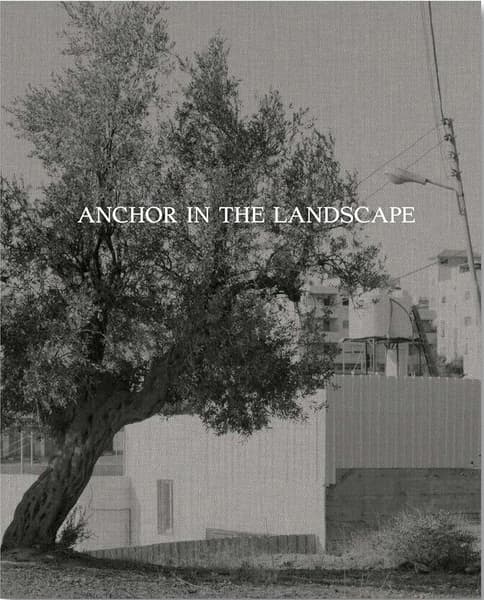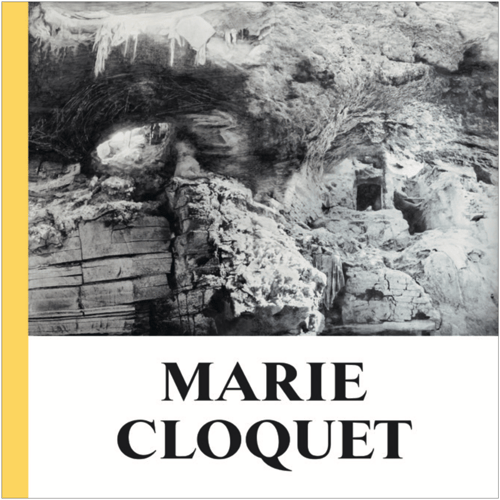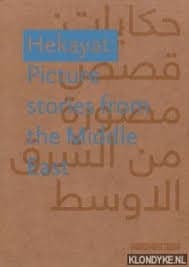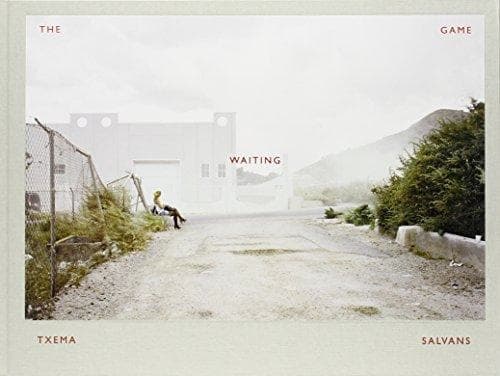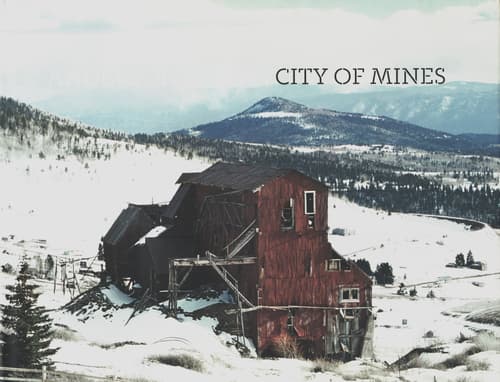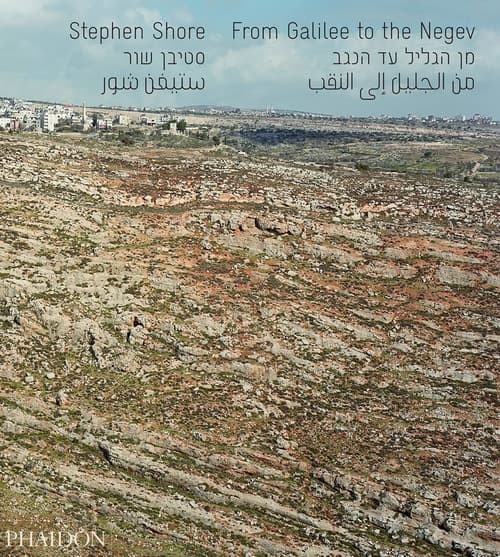Publisher Note
The olive tree is a totem of Palestinian identity, culture, and resistance. It supports the livelihoods of more than 100,000 Palestinian families, is a centre of traditions and identities, and has long been a target of destruction and theft.
Since 1967, 800,000 Palestinian olive trees have been destroyed by Israeli authorities and settlers. Over the past eighteen months, photographers Adam Broomberg and Rafael Gonzalez have been photographing olive trees in the Occupied Territories of Palestine, many of which are thousands of years old. This book brings together their studied, absorbing portraits of these trees, which act as fixed points in a historic and transforming landscape that is constantly disputed, altered, and increasingly destroyed. Each portrait bears witness to the presence and resilience of the Palestinian people and their relationship with the land.
At the same time, the Jewish National Fund (an organisation established by the Zionist Congress) has planted more than 240 million pine trees in Israel.
Along the mountainous strip that runs from the Hebron Mountains in the south to the Galilee in the north, two contrasting landscapes now exist: deciduous olive groves and conifer pine forests. Each botanical group has its own totemic symbolism: the olive trees signifying Palestinian culture, resistance, agrarian sovereignty and intergenerational tradition; the pines drawing upon historical narratives of the holy cornucopia, and characteristics of European civilised society.
| Publisher | |
|---|---|
| Release Place | London, United Kingdom |
| Edition | 1st edition |
| Release Date | 2024 |
| Credits |
Writer:
Artist:
|
| Identifiers |
ISBN-13:
978-1-915743-68-8
|
| Inscription | signed |
| Work | |
|---|---|
| Topics | Conflict, Landscape, Middle East, Palestine, Palestine War, Territories |
| Object | |
|---|---|
| Dimensions | 24.0 × 29.8 cm |
| Interior | |
|---|---|
| Pages | 128 |
